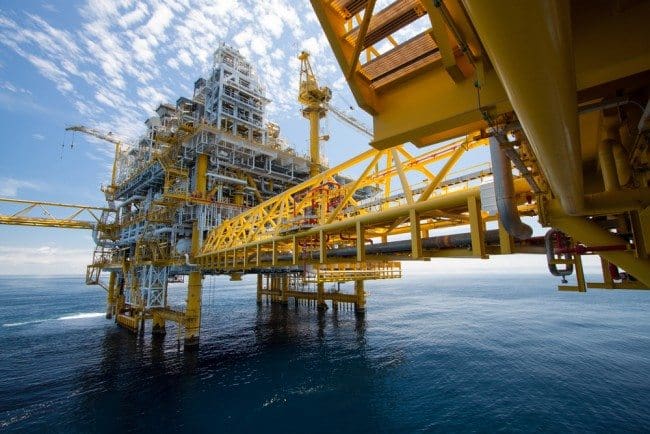The IEA said that the world’s oil market was oversupplied by three million barrels per day in the three months that ended in June — the highest level for 17 years — as Saudi Arabia and other big exporters kept the spigots on full blast.
The global energy watchdog said in its monthly report that it would take until the end of 2016 before the supply glut was worked through, even with rebounding economic growth and lower prices lifting demand. The glut could last even longer if Iran rapidly boosts output after the removal of trade sanctions, possibly in November or December. “Global supply continues to grow at breakneck pace,” the IEA said.
The Times reports that the organisation also raised its expectations for world oil use this year to 94.2 million barrels per day, up by 1.6 million barrels, as low prices encourage motorists and businesses to drive and transport more.
It also raised its expectations for 2016 use to 95.6 million barrels a day, up 400,000 from last month’s report. “That’s the biggest growth spurt in five years and a dramatic uptick on a demand increase of just 700,000 bpd in 2014,” the Paris-based IEA said. “While a rebalancing has clearly begun, the process is likely to be prolonged as a supply overhang is expected to persist through 2016 — suggesting global inventories will pile up further.”
Oil prices edged higher yesterday, with the price of a barrel of Brent crude, the benchmark North Sea contract, up 28 cents at $49.46 a barrel. That was up sharply from a six-month low struck on Monday after China devalued its currency.
Oil prices are still less than half their level of a year ago, when the 12 members of the Opec group led by Saudi Arabia opted not to reduce production, in an effort to drown out competition from high-cost shale producers in North America. Since then, the world’s big oil producers have shelved projects worth at least $200 billion in a desperate bid to cope with falling prices. At least 46 major oil and gas projects with 20 billion barrels of oil have been put back by companies including Royal Dutch Shell, BP and Chevron.
Warren Kreyzig, a commodities research analyst at Julius Baer,said: “While we expect the market to rebalance, we acknowledge this transition is progressing slower than expected. We expect prices to remain lower for longer.”
The IEA said that the game of brinkmanship between producers in North America and their Opec rivals showed no sign of ending.


